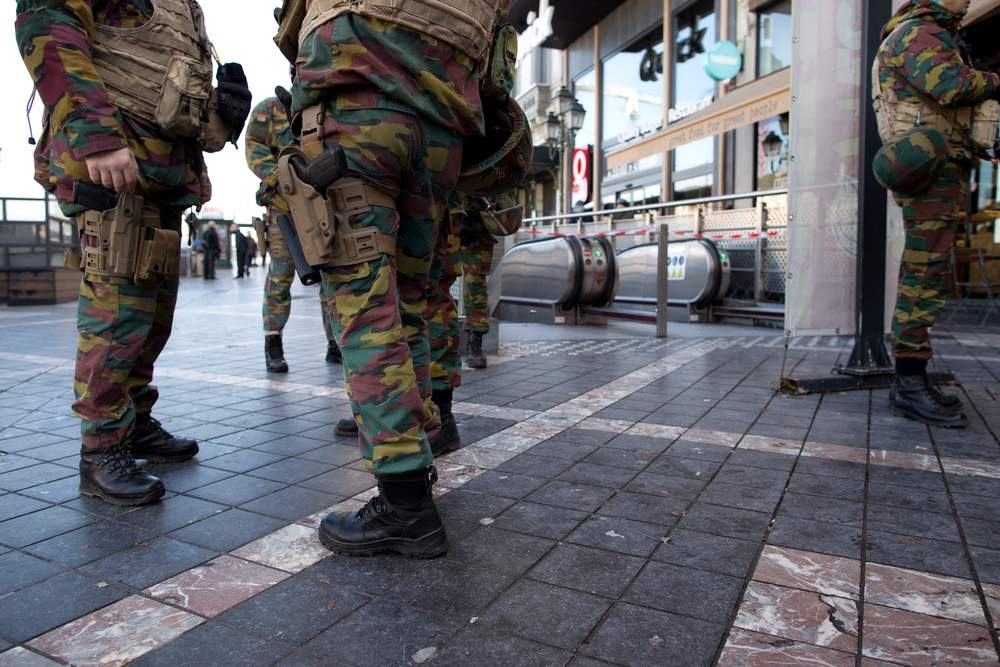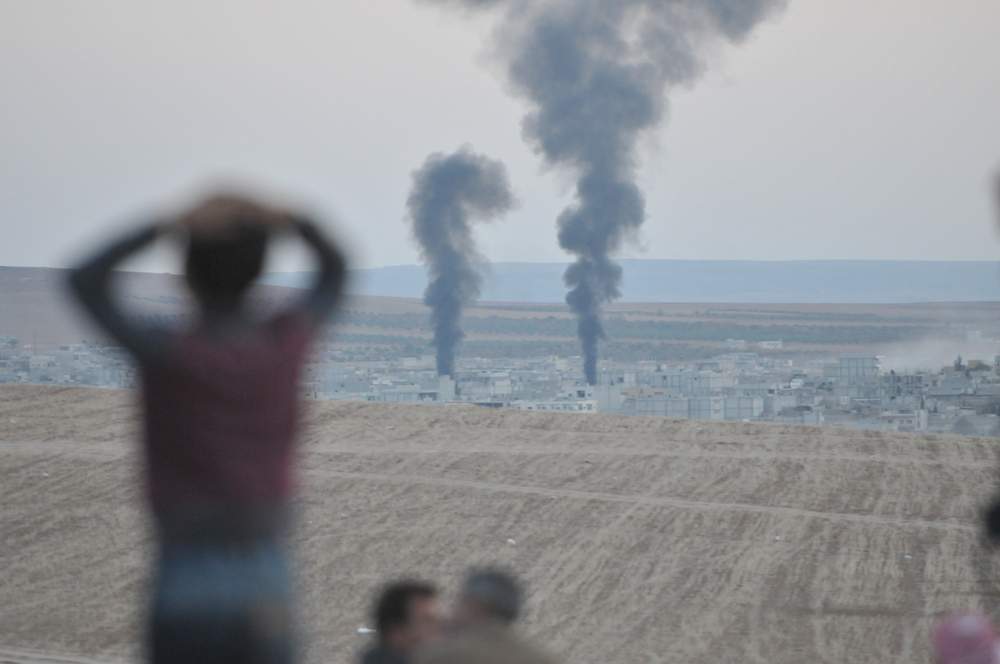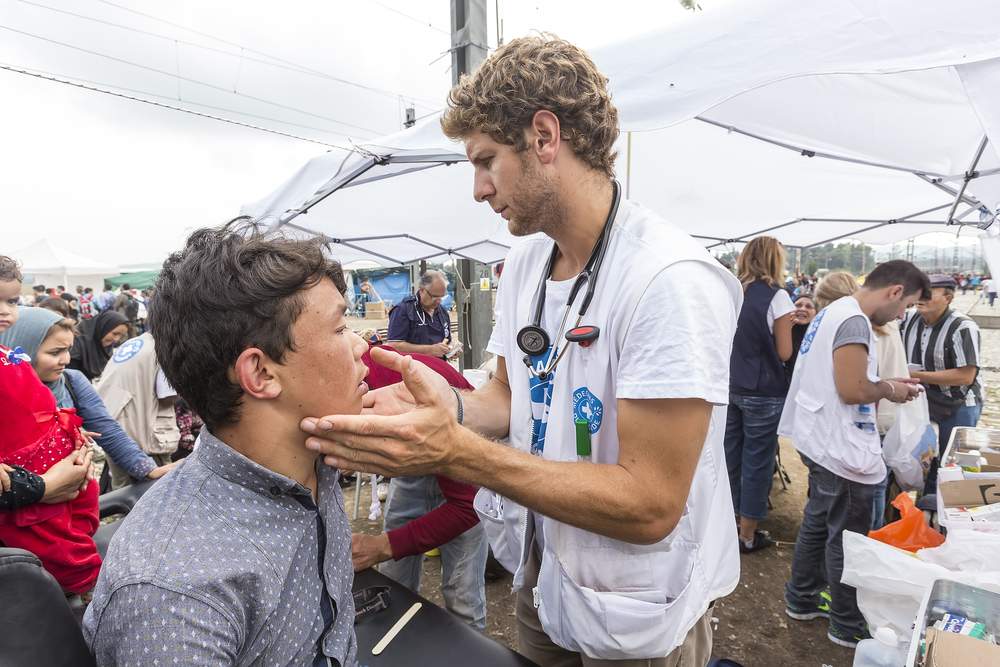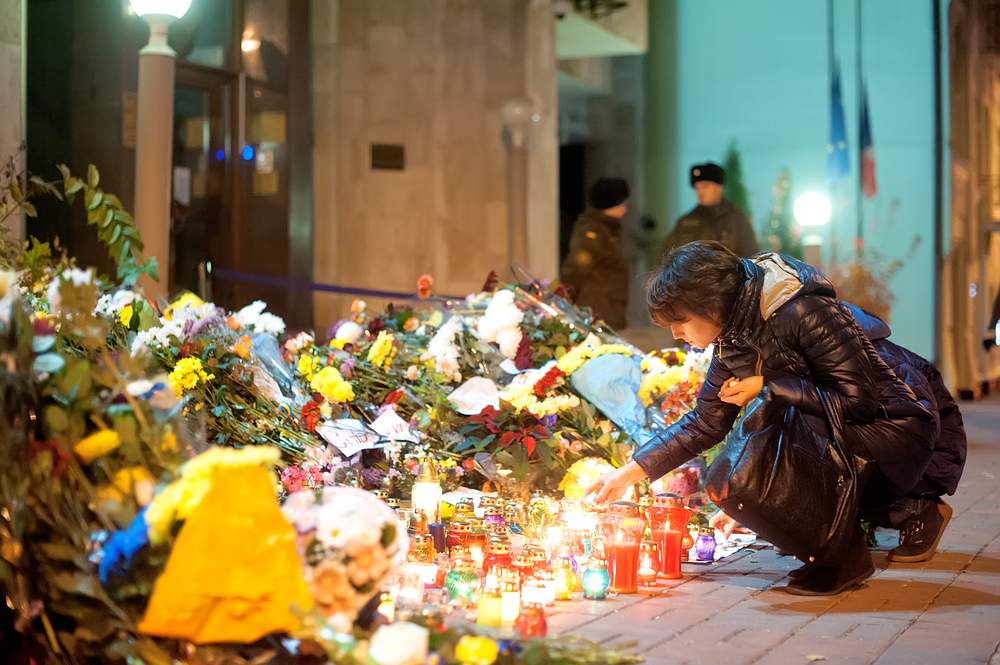At the age of twenty I visited Israel. It was one of the first times tourism and the ideas of safety and security merged in my travel journey. Upon returning home, I vividly recall describing my experiences interacting with soldiers on public buses, the idea of mandatory military service, and how I was deeply affected by conversations with families living on a kibbutz whose homes were daily targets of militants.
None of us is alone when we ask, “Is it safe to travel in the face of terrorism?”
While she studied abroad in Israel, months shy of her twenty-first birthday, terrorists murdered a close friend of mine. To this day her family continues to sponsor scholarship programs to Israel along with making a multitude of visits themselves.
Five years later, the city I called home my entire life was rocked by September 11th. None of us is alone when we ask, “Is it safe to travel in the face of terrorism?”
Facing Fears

Therapy sessions tell us to ‘face our fears,’ but often, this one is too difficult to imagine. The ‘what if’s’ come crashing through our mindful moments and strike at the heart of our insecurity. Since risk management goes hand in hand with making travel decisions, it is not surprising that plans are changed and itineraries purposefully altered in a time of crisis.
…it is not surprising that plans are changed and itineraries purposefully altered in a time of crisis.
We live in a time when although we’re thrilled that social media platforms allow loved ones to ‘check-in’ after devastating acts, we truly wish it wasn’t necessary. Remember when the most difficult travel discussions revolved around what bag to take, where it was okay to drink the water, and which streets to avoid in the middle of a major city? These are different times.
Read: Getting Over Irrational Fears
Determining Safety

Growing up in a sheltered suburb of New York City, my family didn’t travel much outside of the continental borders of the United States. To this day, my mother still wants me to check in to be sure I’m not in a ditch somewhere and the mere suggestion of travel in certain areas evokes a crisis of concern. Although her opinion matters, her worry is not the one I use to gauge the safety of a region. When more than one State Department issues similar travel warnings, I often heed their cries. If the safety concerns are valid and not ones simply driven by fear, I give them credence.
The hard part is deciphering the fear from the reality.
There are many who feel that shortly after a city’s devastating crisis, that specific city is at its safest. London the day after the train bombings, the middle of September in New York in 2001, and most recently, Paris and Belgium in Western Europe.
How can you make the decision that’s right for you?
How do you sift through the mounds of cyber data to get an answer that sits well with your own risk assessment? How do we keep our psyches in check and remember the difference between fears, anxiety, and real percentages of possibility?
Research details from the State Departments and embassies issuing travel alerts. Find details on the Center for Disease Control or World Health Organization websites to lend factual details and evidence to your information arsenal.
Read: Fighting Fears and Define Dangerous.
Traveling to Serve & Support

While terrorism strikes fear into the hearts of cities and their populations, natural disasters and civil unrest cause devastation as well. In 2012, my city, Long Beach, New York was center stage for Hurricane Sandy. While there were many who were directly affected, losing homes, pets, property, and possessions, there were hundreds who came to help.
While volunteering at our local ice arena, we met countless people who came for the sole purpose of helping. There was a fire truck filled with people from over an hour away looking to donate their time and effort. There was a bus driver from Connecticut who filled his truck with blankets, water, and gasoline and drove for hours to deliver it to our community. A girl from Texas saw the news, got in her car, and drove thousands of miles to stay for weeks to try to make a difference. There were those who served food, gave of themselves, and constantly supported our first responders.
Fear did not hold these people in one place. Rather, the desire to do something motivated their decisions.
This desire to help doesn’t go unnoticed. The assistance of thousands who donate, volunteer, open their homes and so much more after hurricanes, earthquakes, and wildfires makes a real impact.
Most recently, the refugee crisis has made headlines across the world. Regardless of political positions, it is obvious that thousands, perhaps millions have been affected. We can all do something. Some may choose to go directly to the area to lend hands-on assistance. Some may choose to be in the region and add smiles to the faces of children or provide small gift donations that might change someone’s daily situation. There’s kindness behind every method. Whether you send a check, research boots on the ground organizations, lend your own sweat equity to the cause or something else, it all matters.
Read: What Would You Do If You Were Not Afraid?
Why We Should Go

Travel and tourism play an enormous role in the economies of cities and countries. Before and after a devastating act, travel and tourism are even more closely linked with the backbone of that city. Visitors add a sense of ordinary, infuse much-needed money into the local economy, breathe new life into a struggling community and help to begin the return to the new normal.
You may not see your holiday as one that’s designed to help, but it truly does.
It’s important to travel in the face of terrorism, natural disaster, and social unrest. Words such as “normal,” and “ordinary” take a while to find again and travelers and tourists help shape that. Doing your research, showing up, lending a hand to organizations who have their fingers on a pulse of the situation and spending your holiday in a place reeling from a situation beyond their control shows faith, trust, and resilience, and assists in the rebuilding process.
Be a part of the solution – travel.
Read more about travel in the face of terrorism:
- Is It Safe To Travel To Europe For The Holidays? (Forbes, November 2015)
- In The Face Of Terrorism, Why It’s More Important Than Ever To Travel (Huffington Post, March 2016)
- 7 Keys To Traveling Without Fear Despite Terrorist Attacks (Wendy Perrin, March 2016)
- How to Travel Safely in the Age of Terrorism (Mapping Megan, 2016)
- Don’t Let Terrorism Stop You From Studying Abroad (Go Overseas, 2016)